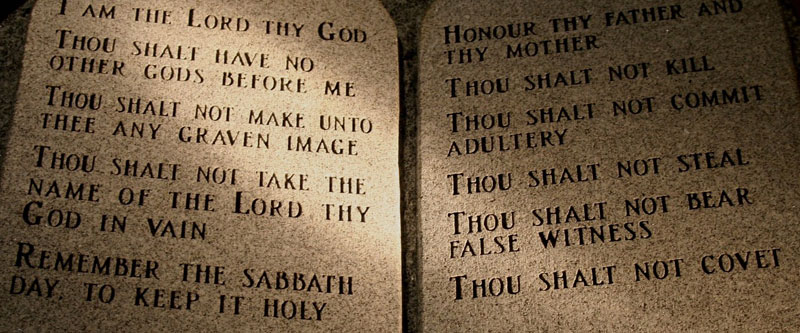One of the advantages of having your children with you during the worship service is that you will sing the same songs, pray the same prayers, and hear the same sermon preached. Sharing in this kind of worship is crucial to the inter-generational health of the church. There are many people who have written about the benefit of including children in worship. This article is not meant to rehearse those points. Instead, it is meant to discuss how you can ensure your child is able to participate in worship without distracting others from worship.
The first thing to note is that children must be taught to participate in worship at home. If you try to teach your children to worship God when you are at church, you will fail. Not only does your child quickly recognize that he has you in a hostage situation (that’s right, they think in those terms), you also will not be able to teach and direct them in the moment. What you will have is a recipe for a frustrated and maybe even exasperated parent. Just yesterday my youngest son who is 3 years old cried out when mom thought she had to be an emergency fill-in at the piano. That incident was a good reminder that we have more work to do with that little guy. But that training should not begin at church. Instead, train your children at home to prepare them to participate in corporate worship. Some suggestions:
Teach your children the songs of your church. It doesn’t matter if you are part of a church that sings contemporary songs, or one that has convictions of singing only psalms. Most of us will probably be somewhere in between. Wherever you are on the spectrum, make sure you are teaching your children the songs that are sung at your church. Pick the ones sung most often first and build a repertoire. If you are not a good singer, find the songs on YouTube or buy CDs with the songs on them. Children can learn songs quickly. Knowing the songs of the church will allow them to participate in the worship of the church.
Teach your children the prayers of your church. In the congregation I serve, we recite the Lord’s Prayer every Sunday. If your church has something similar, it is good for your children to know the Lord’s Prayer, or whatever else it may be. That means parents must teach them this prayer at home. It is true. They will probably be saying some words they do not completely understand. However, when your children are young complete comprehension is not the goal. Rather it is to teach them that they belong to the church. They must learn they are part of the body, and so they must see themselves participating in the body. Certainly that goal changes as they get older.
Teach your children to sit still without any external stimuli. Children are easily distracted in church. Some will hone their drawing skills. Others will be entertained with iPads. Parents are likely trying to achieve a measure of order through these devices. But there is a better way. As parents you must instill in your children the ability to listen. That means you must find opportunities at home to teach your children the skills they need to participate in worship.
For example, when you read the Bible together as a family, teach your children to sit still. That means no coloring or doodling, no iPad or iPhone to keep them quiet. Just sitting and listening. That is all. For the little ones do not make this time too long. Do so in short stints of 5 minutes or less. You may need to hold them on your lap. You may tell them that now is not the time to play but to listen. But you must require their compliance and accept nothing less than compliance. When your children are older you should be able to explain what you are trying to accomplish. That will give your children the skills to participate in worship. And then when your children hear something in the song or sermon or Bible reading and smile up at you knowingly, you smile at them, affirm them in their listening, and continue to lead them toward Christ at home.
By training giving your children the right knowledge and skills, you will give them opportunities to participate in the most important aspect of the life of the church: the worship of God. But to help your children see this benefit you must teach them at home first. And from the home they can be a welcome part of the life of the church.








